Urgent
Emirates honours its pilots, launches global recruitment drive in 18 countries
 UAE contributed 44.1% to Japan's total oil imports in March 2024
UAE contributed 44.1% to Japan's total oil imports in March 2024
 Mansour bin Zayed receives Abdullah bin Salem bin Sultan Al Qasimi
Mansour bin Zayed receives Abdullah bin Salem bin Sultan Al Qasimi
 Spinneys increases number of shares allocated to Retail Investors in its IPO
Spinneys increases number of shares allocated to Retail Investors in its IPO
 Borouge Q1 2024 net profit increases 37% YOY to $273 million
Borouge Q1 2024 net profit increases 37% YOY to $273 million
 Saudi Arabia, Mauritania sign MoU to boost renewable energy sector
Saudi Arabia, Mauritania sign MoU to boost renewable energy sector
 Dubai Financial Market reports 171% increase in Q1 2024 net profit
Dubai Financial Market reports 171% increase in Q1 2024 net profit
 Sheikha Bodour urges collaboration at 3rd Booksellers Conference
Sheikha Bodour urges collaboration at 3rd Booksellers Conference

 UAE contributed 44.1% to Japan's total oil imports in March 2024
UAE contributed 44.1% to Japan's total oil imports in March 2024
 Mansour bin Zayed receives Abdullah bin Salem bin Sultan Al Qasimi
Mansour bin Zayed receives Abdullah bin Salem bin Sultan Al Qasimi
 Spinneys increases number of shares allocated to Retail Investors in its IPO
Spinneys increases number of shares allocated to Retail Investors in its IPO
 Borouge Q1 2024 net profit increases 37% YOY to $273 million
Borouge Q1 2024 net profit increases 37% YOY to $273 million
 Saudi Arabia, Mauritania sign MoU to boost renewable energy sector
Saudi Arabia, Mauritania sign MoU to boost renewable energy sector
 Dubai Financial Market reports 171% increase in Q1 2024 net profit
Dubai Financial Market reports 171% increase in Q1 2024 net profit
 Sheikha Bodour urges collaboration at 3rd Booksellers Conference
Sheikha Bodour urges collaboration at 3rd Booksellers Conference



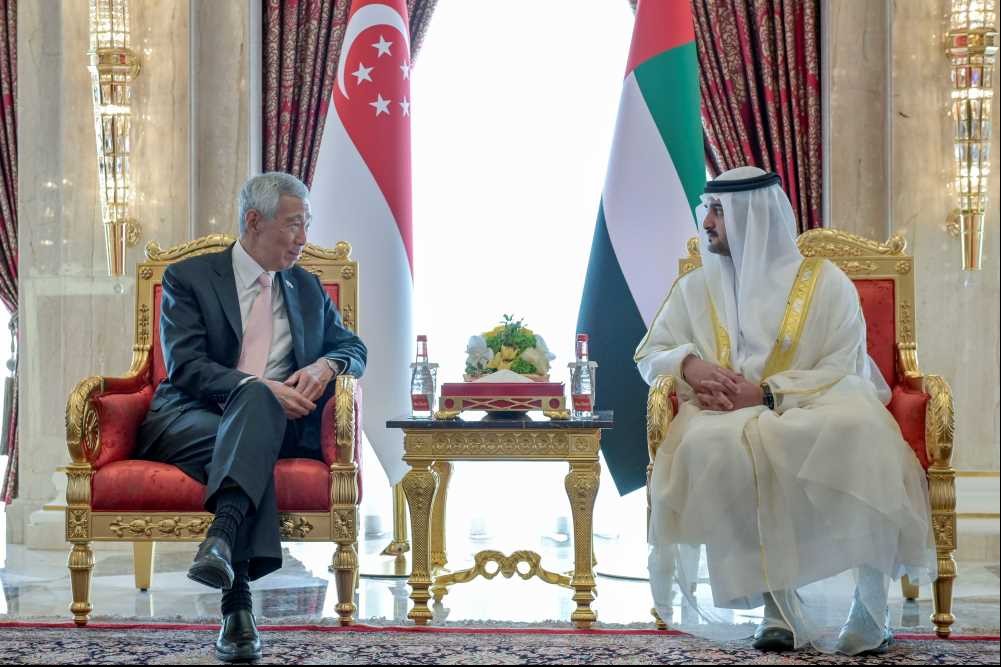
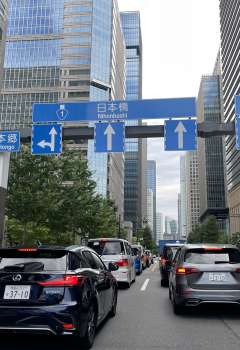

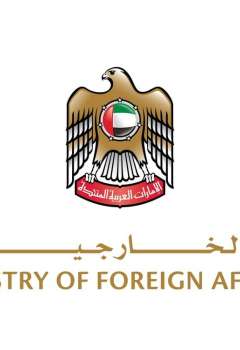
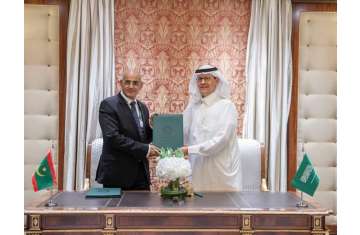

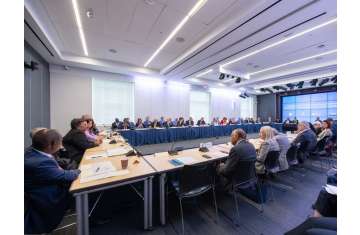
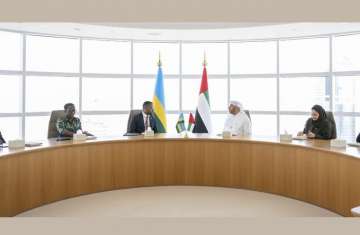
Comments